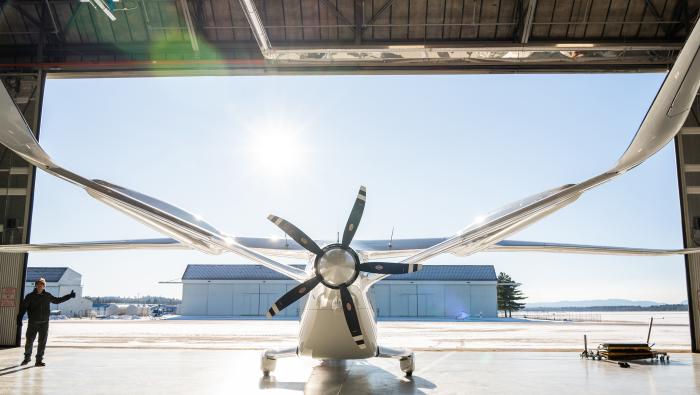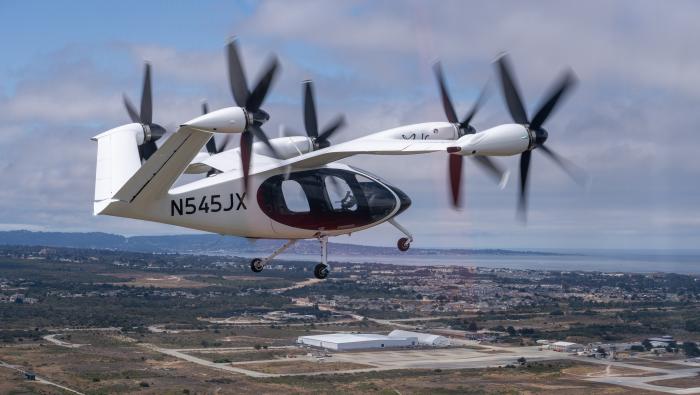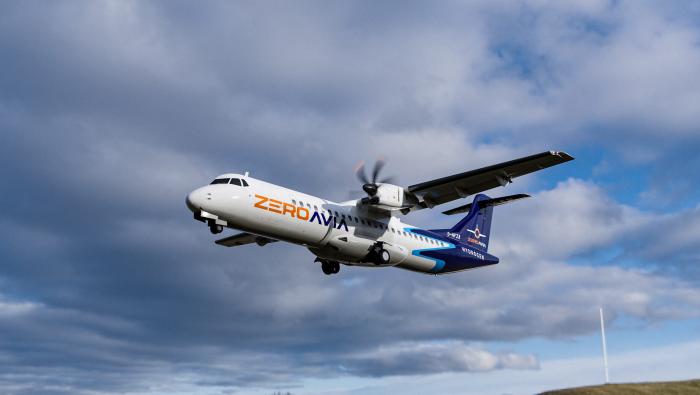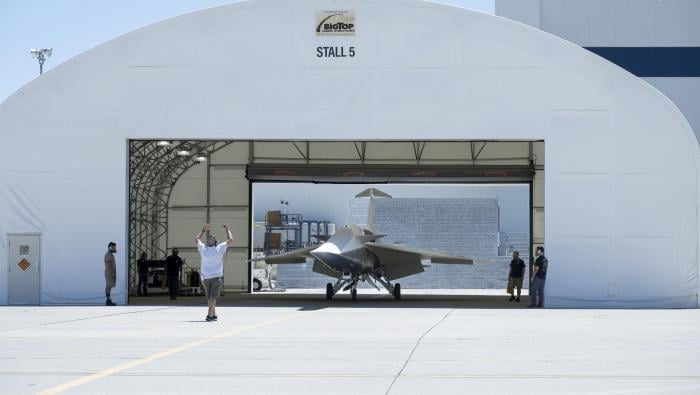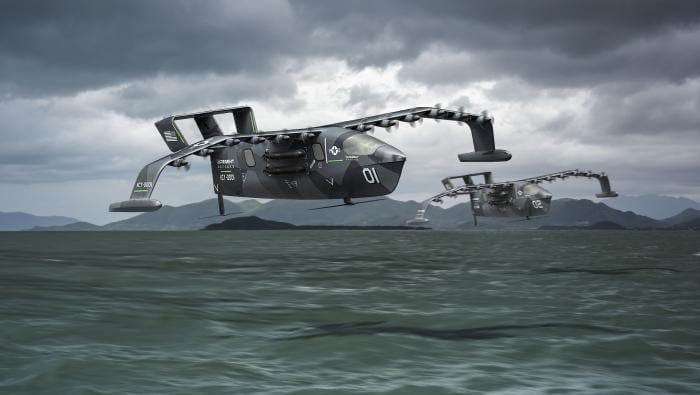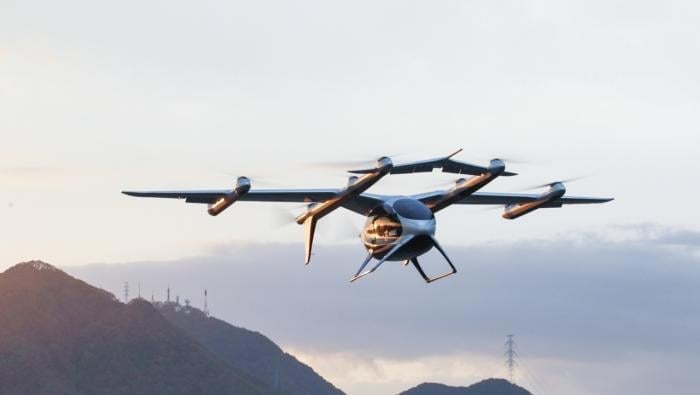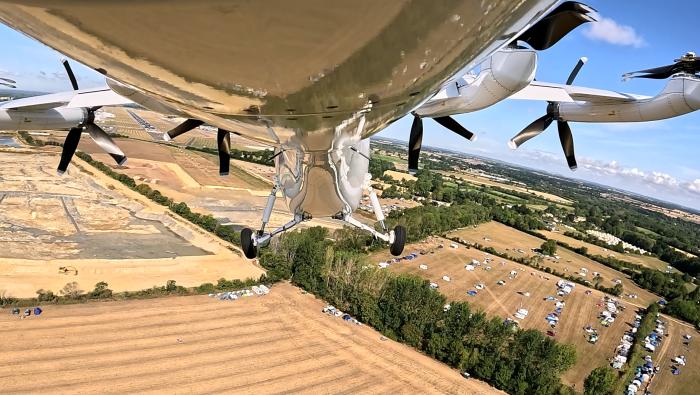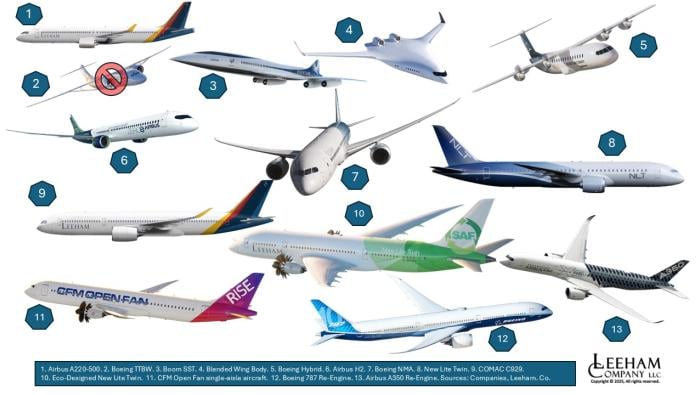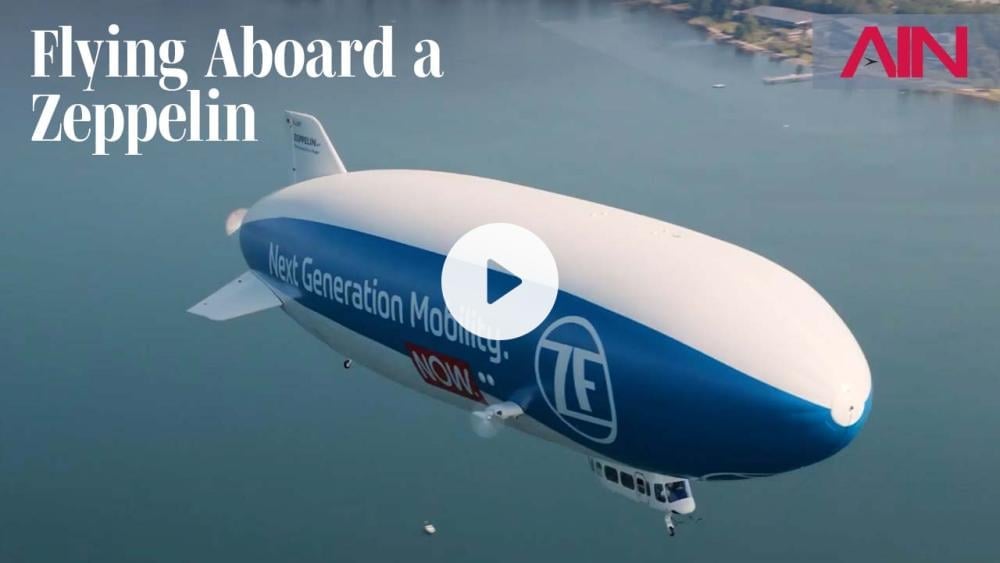Some urge Boeing to take the plunge “now” to launch a new airplane program. Institutional knowledge is slipping away, these people say.
Boeing hasn’t launched a new airplane since December 2003 (the 787). The 737 MAX is selling at a poor second to the Airbus A320neo family. Boeing continues to lose market share. On the other hand, Airbus is in no hurry to launch a new airplane program—or so it says. It can’t keep up with current demand.
LNA will take a five-part look at what the potential new airplanes and/or airplane technologies are for the coming decade or more.

